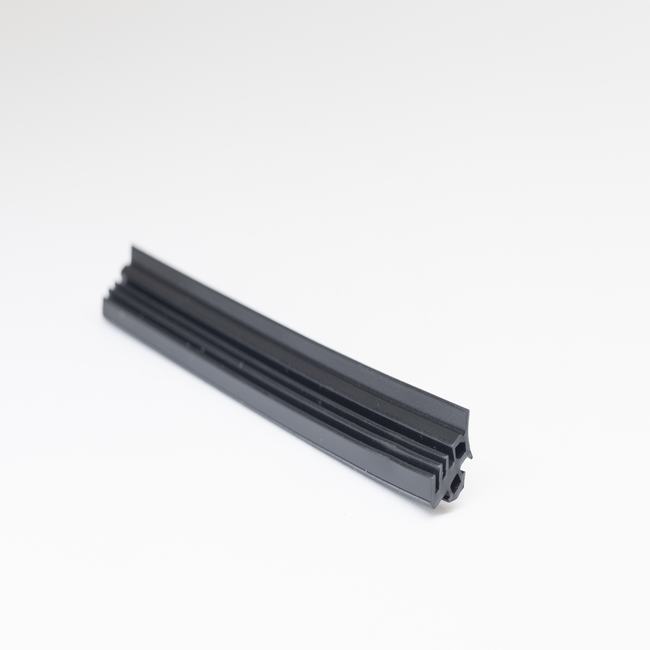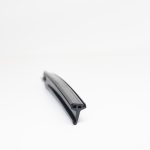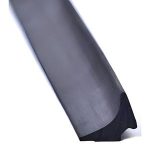Industrial seals are essential components used in a wide range of industrial applications to create airtight, watertight, and dustproof barriers, preventing the leakage or ingress of fluids, gases, or contaminants. These seals play a crucial role in machinery, equipment, and systems across various industries, ensuring safety, efficiency, and environmental compliance. Here’s a comprehensive description of industrial seals:
1. Purpose:
Industrial seals serve several fundamental purposes:
- Containment: They prevent the leakage or escape of substances such as liquids, gases, or powders from within a system or component. This is particularly critical in applications involving hazardous materials or sensitive processes.
- Environmental Protection: Seals are used to protect sensitive equipment and components from environmental factors like moisture, dust, and contaminants, which can lead to corrosion, wear, and reduced efficiency.
- Energy Efficiency: Effective seals help maintain pressure differentials, reducing energy losses due to leaks. This is vital in processes that require controlled environments or maintain specific operating pressures.
- Safety: Seals are often used to enhance safety by preventing the release of hazardous materials or by isolating systems to avoid accidents or contamination.
2. Types of Industrial Seals:
There are various types of industrial seals designed to meet specific requirements:
- Gaskets: Gaskets are used to create a static seal between two mating surfaces. They are commonly made of materials such as rubber, silicone, or metal and are used in flanged connections in pipelines, tanks, and machinery.
- O-Rings: O-rings are round or square cross-section rings made of rubber or elastomeric materials. They are used in dynamic and static applications to create a seal within a groove or against a mating surface, often in hydraulic and pneumatic systems.
- Lip Seals: Lip seals, also known as oil seals, are used to retain lubricants and exclude contaminants in rotating shafts. They have a flexible lip that contacts the shaft surface.
- Rotary Seals: Rotary seals, like radial shaft seals, are used in rotating equipment to prevent the ingress of contaminants and the escape of lubricants. They maintain a dynamic seal while accommodating the rotational motion.
- Mechanical Seals: Mechanical seals are used in rotating equipment to prevent leaks in situations where standard seals may not be effective. They consist of two precisely engineered mating surfaces and are commonly found in pumps, compressors, and mixers.
- Hydraulic Seals: Hydraulic seals are used in hydraulic systems to maintain the integrity of the hydraulic fluid and prevent leaks in high-pressure applications. They include various types like piston seals, rod seals, and wiper seals.
3. Materials:
Industrial seals are made from a variety of materials, each suited to specific operating conditions. Common materials include:
- Rubber and Elastomers: Nitrile, neoprene, silicone, and Viton are commonly used elastomers known for their flexibility and resistance to various fluids.
- Metal: Metal seals are often used in high-temperature, high-pressure applications where resilience is critical. They may be made of materials like stainless steel or alloy metals.
- Polymer Composites: These materials combine the benefits of both elastomers and plastics, offering chemical resistance and durability.
4. Installation:
Proper installation of industrial seals is essential to their effectiveness. This involves ensuring clean, smooth mating surfaces, correct seal positioning, and appropriate tightening or securing methods. Depending on the seal type, specialized tools and techniques may be required.
5. Maintenance:
Regular inspection and maintenance of industrial seals are necessary to prevent leaks and ensure their continued performance. This includes replacing worn or damaged seals and addressing any issues that may compromise their integrity.
In conclusion, industrial seals are indispensable components in a wide range of industrial processes and systems, offering containment, environmental protection, energy efficiency, and safety benefits. The choice of seal type and material depends on the specific application’s operating conditions. Proper installation and maintenance practices are vital to maximize their efficiency and prolong their service life.







